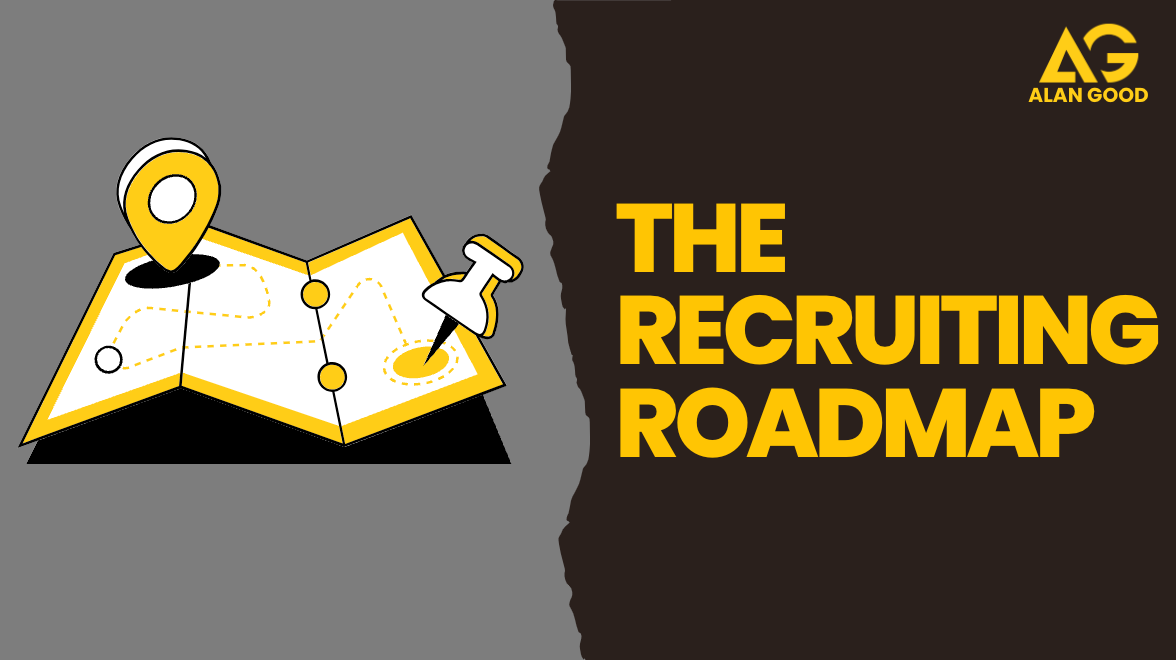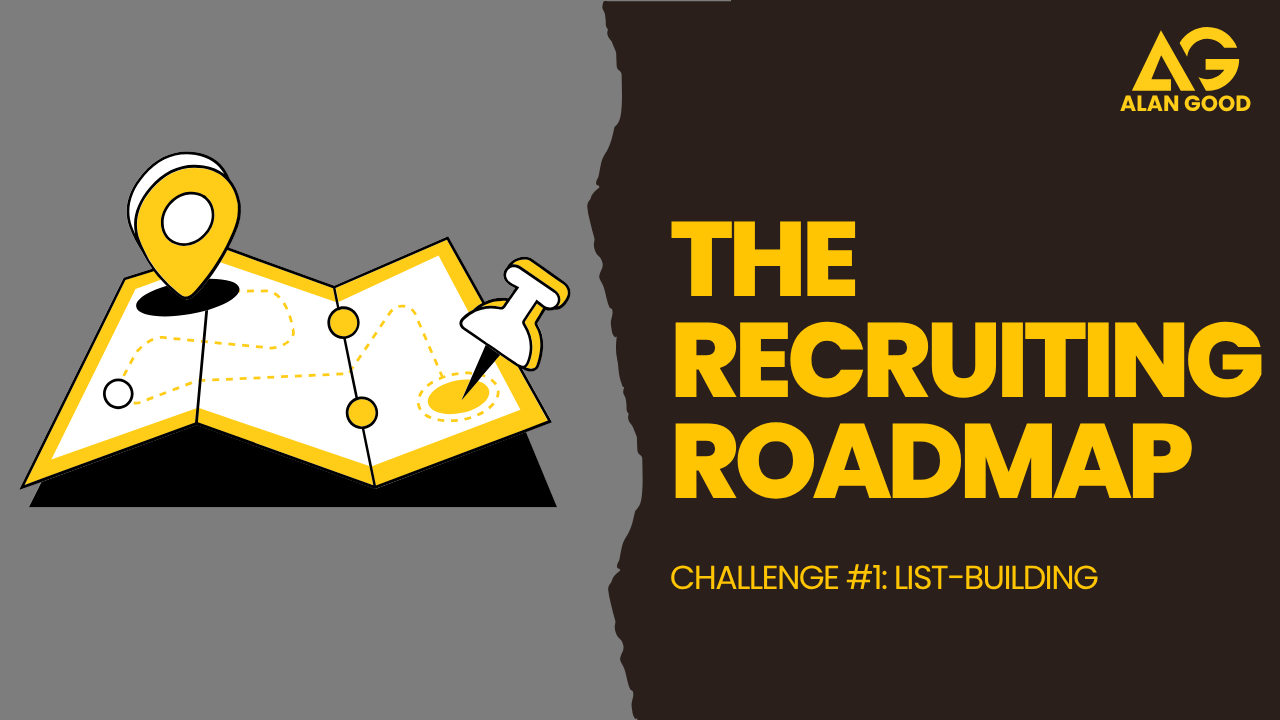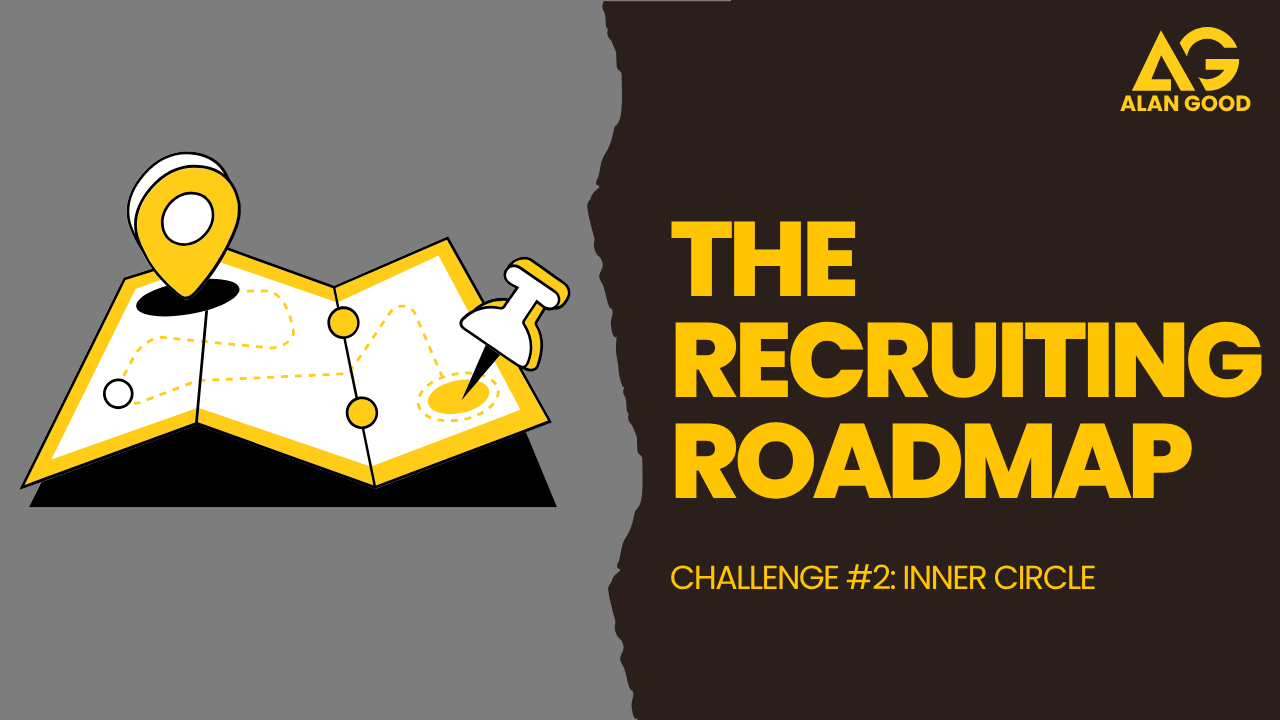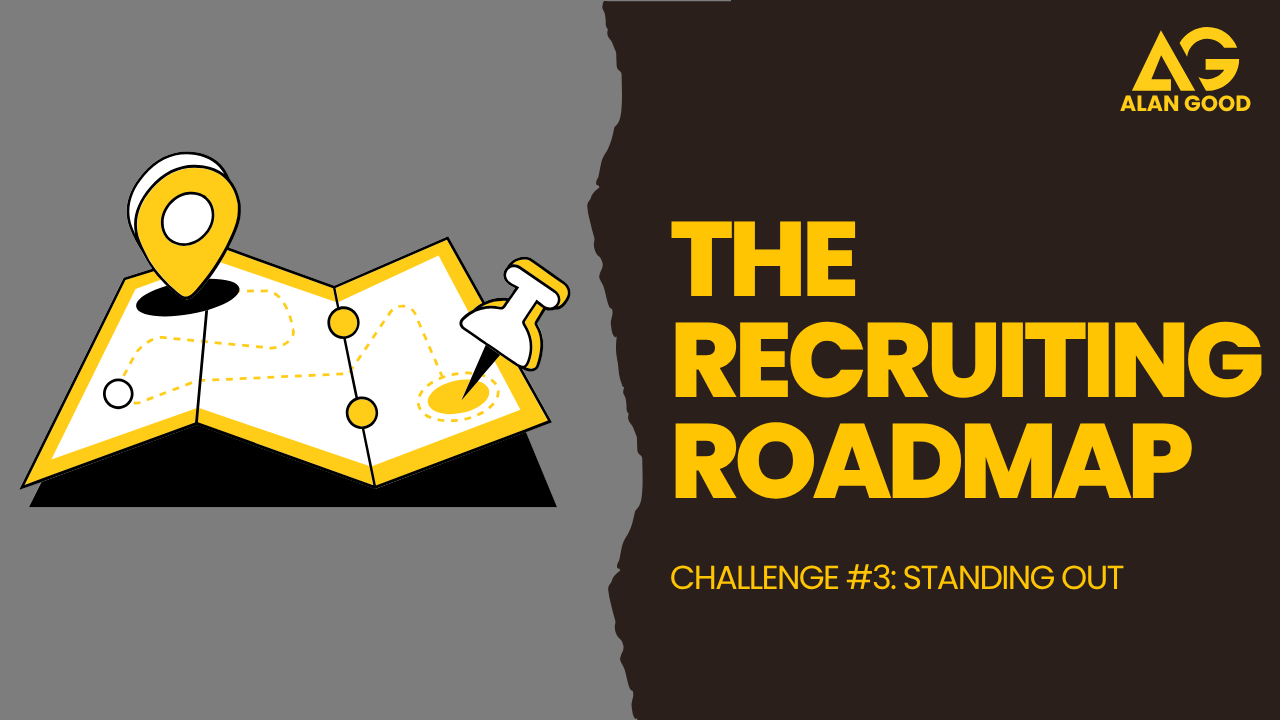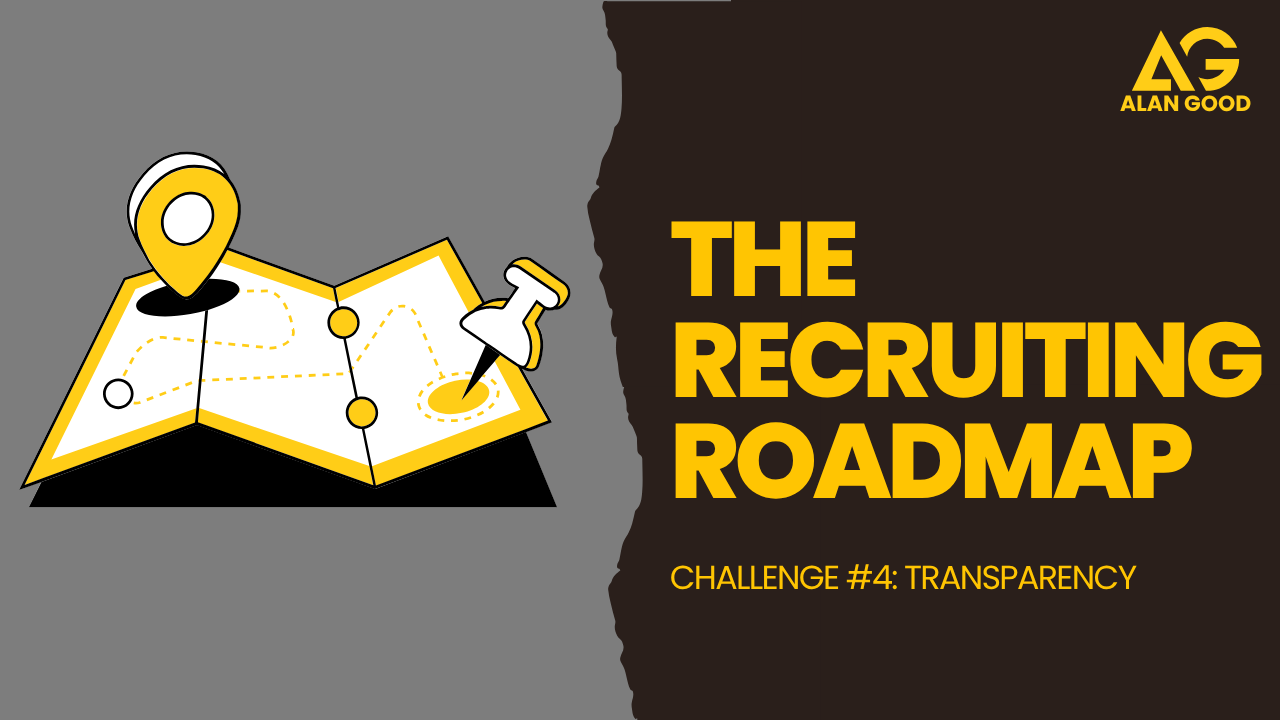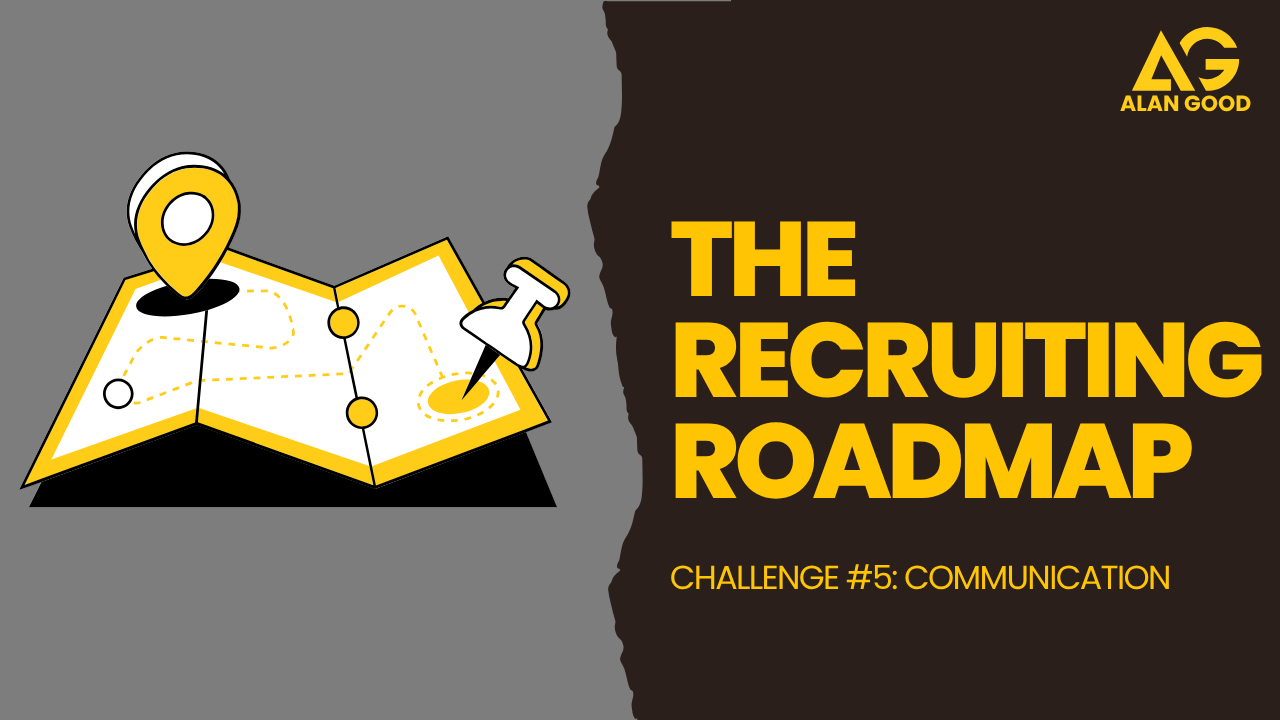The college field hockey recruiting starter guide
Everything you need to navigate the top five challenges in recruiting
Introduction: Why Most Families Get This Wrong
Let me tell you about Sarah.
Quality player. 3.8 GPA. Dream offer from a D1 program.
Big celebrations when she committed. Her parents were over the moon.
Five months after arriving on campus, she was back home. Transferred out.
What happened?
Sarah picked a school that looked flawless on paper. Great academics. Successful program. Beautiful campus.
But she never asked herself what she actually wanted. She just chased what looked impressive to others.
The school didn't have her major. The team culture was a bad fit. She was miserable 2,000 miles from home.
All fixable problems. If she'd done the work upfront.
The recruiting world is broken for families. Most of you are flying blind with conflicting advice. Wasting time and money on the wrong things.
This guide tackles the five biggest challenges keeping you stuck:
Building unrealistic college lists
Managing club coach relationships
Standing out in emails and showcases
Cutting through recruiting BS
Asking questions that get real answers
Challenge 1: Building Lists That Don't Waste Your Time
The Perfect School That Wasn't
Here's what finding your fit actually means: You're juggling academic requirements, athletic standards, financial realities, geographic preferences, social dynamics, program culture, playing time potential, and career goals.
All at once. While you're still figuring out who you are. While everyone's giving you different advice.
No wonder transfer portal entries have jumped 300% in five years.
The Two Mistakes Killing Your Process
Mistake 1: Aiming too high
Chasing dream schools that were never going to recruit them. Setting themselves up for heartbreak.
Mistake 2: Spreading too thin
Adding every school that sounds decent. Then wondering why they can't build real relationships anywhere.
Both mistakes waste time you can't get back.
What Actually Works
Stop looking for perfect schools. Start looking for schools that match your real priorities.
But first? Figure out what those priorities are.
Then categorize every school on your list:
Dream (everything aligns perfectly)
Reach (worth a shot but unlikely)
Realistic (good chance, would be happy)
Safety (solid backup options)
No schools in a category? Your list is broken.
The Reality Check That Saves Your Process
Once you've done this exercise, try something scary.
Ask your club coach to categorize the same schools. Don't show them your answers first.
Their feedback might frustrate you. But it'll also save you from months of chasing schools that were never realistic options.
For a complete framework on building and curating your list, including the data-driven "Five to Find the Fit" assessment tool, see Module 2 of The Field Hockey Recruiting Playbook.
Challenge 2: Managing Your Club Coach Relationship
Here's a story about the conversation that broke a long-standing relationship.
Emma was one of her club's most diligent players. Always at practice. Never complained. Loved her coaches for years.
Until recruiting started. Then everything went sideways.
The Explosion
Emma's dad called after her list review meeting with her coach. He was furious.
"You rated half her schools as 'reaches'. She's been working toward this for years. How can you not support her?"
Emma had been given an honest evaluation. But they wanted cheerleading, not honesty.
The relationship never recovered.
Why This Happens
Here's the thing about club coaches during recruiting: Until now, they've been developing you as a player. But once recruiting starts? You need them to be brutally honest about your capabilities.
Most families aren't ready for it.
The Three Conversations You Need to Have
Conversation 1: What support comes with your membership?
Some clubs include recruiting help in your fees. Others charge extra. If you don't know what's included, ask now.
Conversation 2: How does playing time work?
Fair doesn't always mean equal. Ask: "How will you manage playing time at this tournament?" Not to complain later. To set expectations now.
Conversation 3: What kind of feedback will you give me?
Your club coach's job isn't to be your cheerleader. It's to help you reach your potential. That means honest feedback about your abilities. Even when it hurts.
The Hard Truth
Your coach has relationships with college programs that existed before you joined and will continue after you leave. They're not going to torpedo those relationships by overselling you.
College coaches trust club coaches who give honest evaluations. That's actually good for you.
What You Can Control
Players who respond well to tough conversations get more help. Players who shoot the messenger get generic advice and surface-level support.
The choice is yours.
Module 4 of The Field Hockey Recruiting Playbook covers advanced strategies for managing these relationships and getting the most from your club coach's network.
Challenge 3: Standing Out in Emails and Showcases
I want to tell you about an email that still makes me smile.
It was 2021. I'd just finished scrolling through my usual stack of recruiting emails. Same template. Same boring intro. Same generic compliments about the "balance of academics and athletics."
Then I opened one that started like this:
"Coach, I was at your game on Friday - I couldn't believe you guys came back from two goals down to win. It was fun to imagine what it might be like to play on this team in a game like that..."
I had to keep reading.
The Problem With Your Emails
Here's what 90% of recruiting emails look like:
"Hi coach! Here's my bio and accomplishments. Here's my game schedule. Please watch my video."
They're forgettable. You're competing with dozens of other emails every week. Hundreds before big tournaments.
The TikTok Test
If a TikTok doesn't grab you in the first five seconds, you scroll to the next one. College coaches do the same thing with emails.
What Actually Works
That email worked because she showed specific knowledge about the program and made us curious to learn more.
The bar is still pretty low in field hockey recruiting. Even referencing something from a program's Instagram page sets you apart.
But Email Isn't Everything
The other place to make yourself memorable? On the field.
Given how much families spend on showcases and tournaments, I'm shocked by how many opportunities get wasted.
What Coaches Actually Watch
Sure, you need talent. But coaches are watching way more than your stick skills:
What you do off the ball
How you behave on the bench
Your reaction to mistakes
How you treat teammates
Your body language when subbed
They're not just finding players who can win games. They're finding people they want to be around for four years.
The Controllables
Here's what you can control:
Writing emails that stand out
Working hard off the ball
Supporting teammates
Staying positive during adversity
Showing genuine interest in programs
Not much in recruiting is within your control. Focus your energy on what is.
For complete email templates that get opened and remembered, plus detailed showcase strategies, see Modules 5 and 6 of The Field Hockey Recruiting Playbook.
Challenge 4: Cutting Through Recruiting BS
You probably know someone with a horror story along these lines:
The player who was being "recruited" by her dream school for six months. Regular contact. Campus visits. The works.
Then the coach went silent. For three weeks.
When she finally called back, it was to say they'd filled the spot with someone else.
The Transparency Problem
This happens because recruiting is built on a lie. Everyone wants transparency. Nobody wants to give it.
Both sides play games:
Recruits get frustrated when:
Coaches ghost instead of saying no
Programs announce commits after claiming they're "taking it slow"
Coaches make offers just to "hold" players
Coaches get frustrated when:
Players commit elsewhere after asking for "months to decide"
Athletes fake interest until getting better offers
Players email for years then say they're not interested on June 15
Why This Happens
Because both sides are trying to keep their options open. Nobody wants to end up empty-handed.
Coaches go through this process every year. You're doing it for the first time. They have the advantage.
The Real Solution
Stop listening to what people say. Start watching what they do.
Actions tell the truth. Words lie.
A coach who's interested:
Responds quickly to your messages
Asks specific questions about your goals
Follows up consistently
Makes time for calls even when busy
A coach who's not:
Takes days to respond to simple questions
Gives vague answers about your fit
Cancels calls or reschedules repeatedly
Goes quiet after initially showing interest
What You Can Control
You can't control whether coaches are transparent with you. But you can control whether you're transparent with them.
Be honest about your interest level. Your timeline. Your other options.
The right coaches will respect that honesty. The wrong ones will use it against you.
Either way, you learn something valuable.
The Commitment Countdown includes advanced frameworks for reading between the lines and getting honest answers from college coaches.
Challenge 5: Asking Questions That Get Real Answers
Let's talk about the question that changed Maddie's recruiting process.
She'd been on a couple of zoom calls. Asked the same questions everyone does:
"What's your coaching style?" "How do you balance academics and athletics?" "Can you describe your team culture?"
Getting the same polished answers everywhere.
Then, she tried something different.
The Question That Cut Through the BS
Instead of asking about coaching style, Maddie asked:
"Can you tell me about a time when one of your players was really struggling? How did you help them through it?"
The coach paused. Thought for a moment. Then told a real story.
Maddie learned more in five minutes than she had in three previous conversations.
Why Generic Questions Kill Your Process
Here's the problem with googling "questions to ask college coaches."
Every recruit asks the same surface-level stuff. Every coach has rehearsed answers ready.
You've spent two years in an information vacuum. Now you finally can talk to coaches directly. And you're wasting it on questions that tell you nothing.
What Actually Works
Get specific. Get personal.
Instead of asking about team culture, ask: "Can you give me an example of how you handled a conflict between teammates?"
Instead of asking about coaching style, ask: "Can you walk me through how a current player has improved since arriving?"
And my personal favorite: "Why are you interested in recruiting me?"
The depth of their answer tells you everything. Are you just a name on a spreadsheet? Or have they actually watched you play and thought about your fit?
Reading Between the Lines
Great coaches will give you specific examples. Real stories. Detailed explanations.
Average coaches will give you generic talking points about their "philosophy."
Bad coaches will struggle to answer at all.
The Reality
Most coaches are recruiting the person, not just the player.
How you interact with them during these conversations? That's often the deciding factor.
Come prepared. Ask smart questions. Show you've done your homework.
For complete question frameworks for every type of recruiting conversation, see The Commitment Countdown.
What's Next: Going Deeper
This guide tackled the biggest challenges in recruiting. But the process has way more moving parts:
You need to understand who you're competing against from day one. How to navigate timelines and deadlines at the end. Plus everything in between.
The Hidden Costs of Getting It Wrong
Everyone focuses on showcase fees and camp costs. But what about the real price?
Attending events that don't fit your level
Emailing schools that were never realistic
Building highlight videos that miss the mark
Asking questions that waste everyone's time
Missing deadlines that kill opportunities
Choosing a school for the wrong reasons
That's four years of your life. Thousands in sunk costs.
Ready to Get This Right the First Time?
If you made it this far, you're exactly the type of family who takes recruiting seriously. You want to do it right. You understand that good information saves time, money, and heartbreak.
The Field Hockey Recruiting Playbook contains everything covered in this guide plus:
Complete email templates that get opened
Event Management Matrix (which events are worth your money)
Recruiting dashboard to keep you organized
Timeline guides for every stage
Advanced conversation frameworks
Playing time negotiation strategies
Real examples and scripts from successful recruits
10 modules. 4 hours of content. Everything you need for $150.
That's less than one month of club dues. Less than 15% of one showcase weekend.
With lifetime access and all future updates.
Get The Field Hockey Recruiting Playbook →
If that’s too big a commitment at this stage in your journety, The Commitment Countdown is $39 and covers the endgame of your process from June 15 and beyond.
And if you’re not ready to go deep into a course yet - and to reward you for reading this far 😆 - you could instead get my paid posts at a big discount for your first year:


